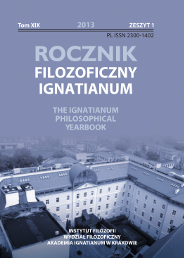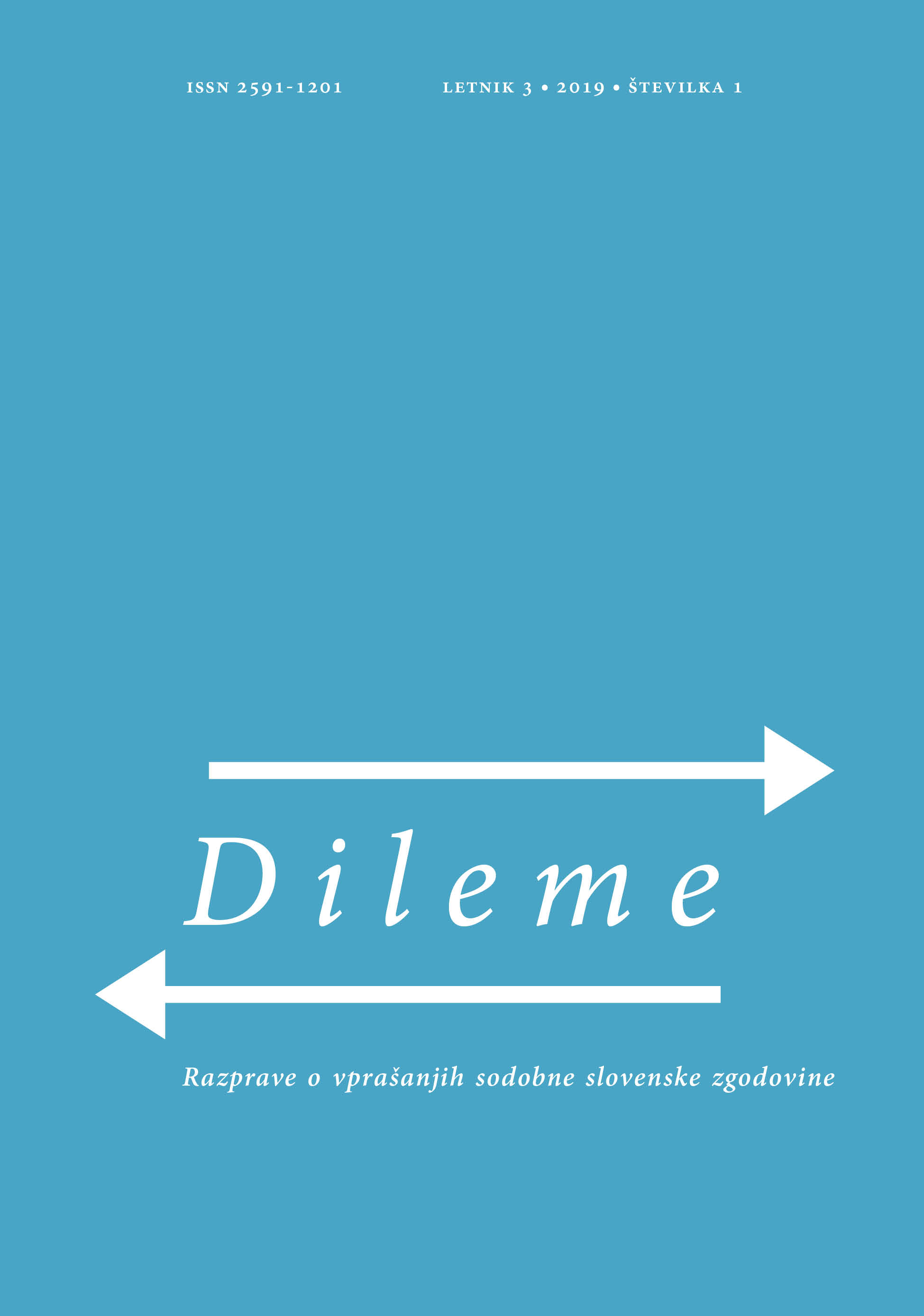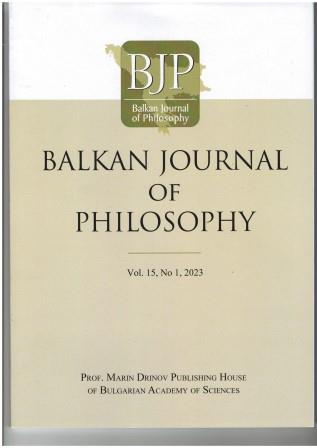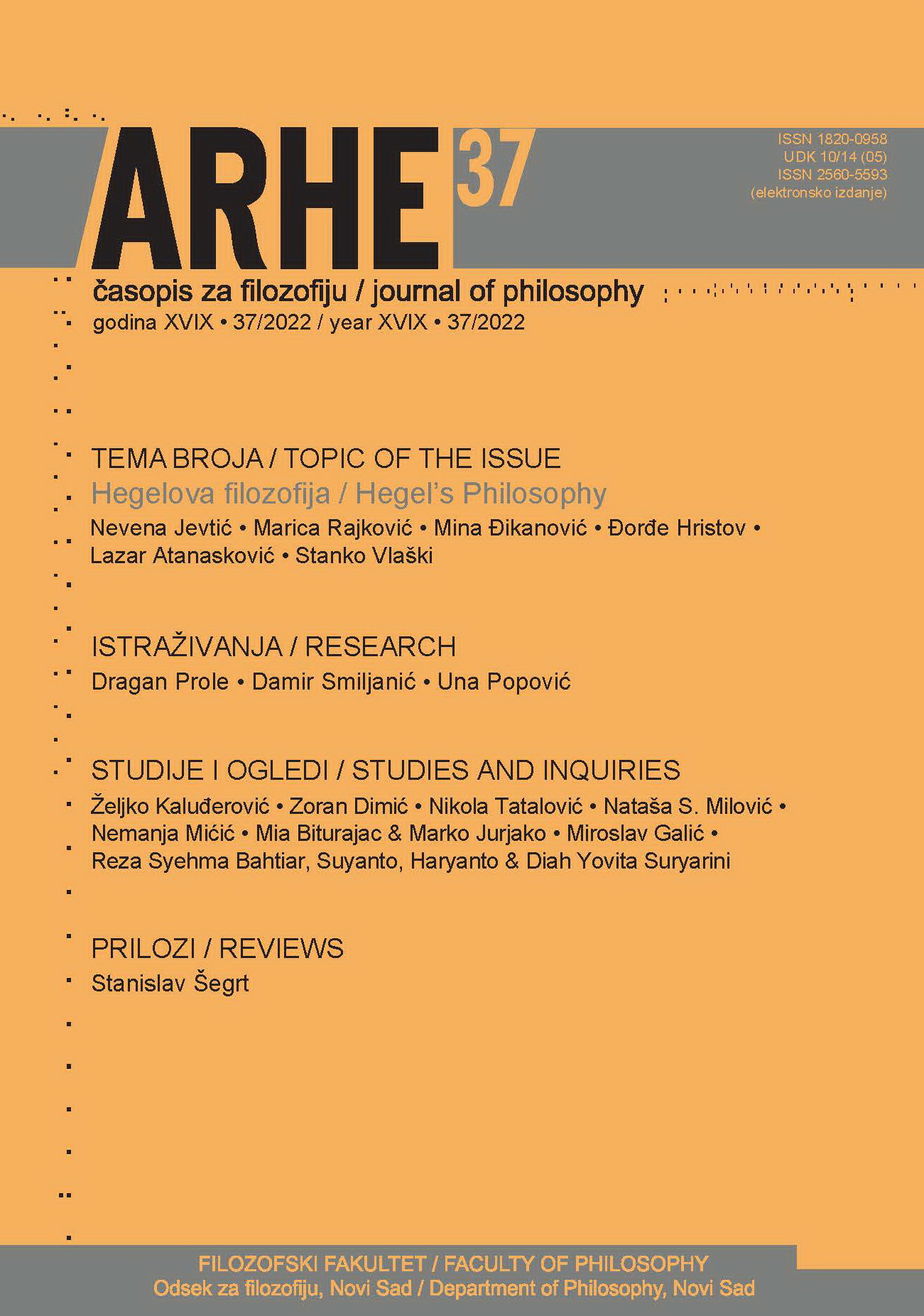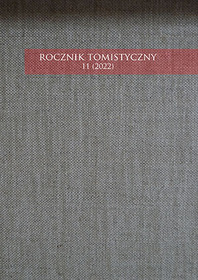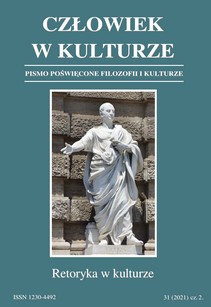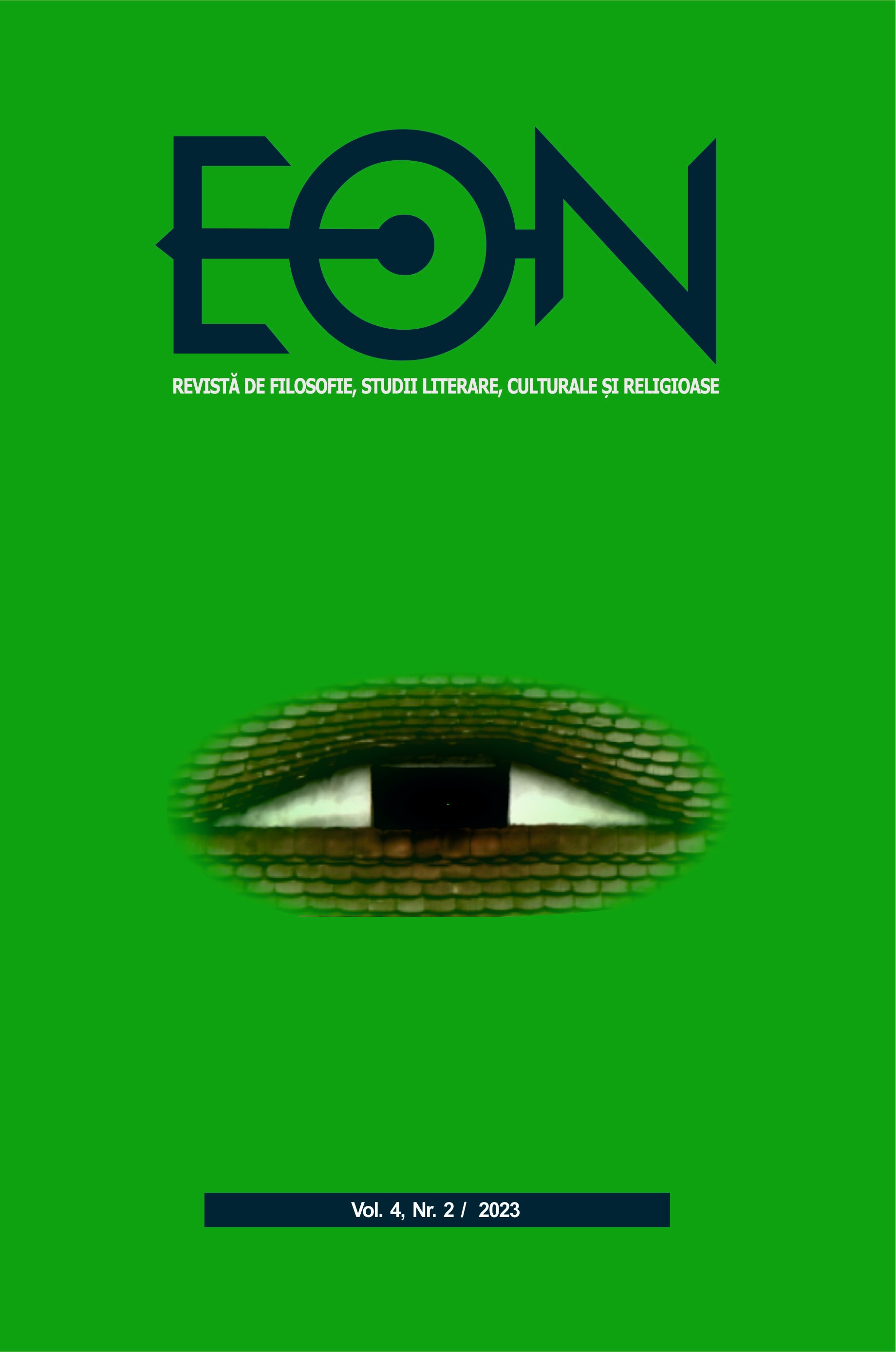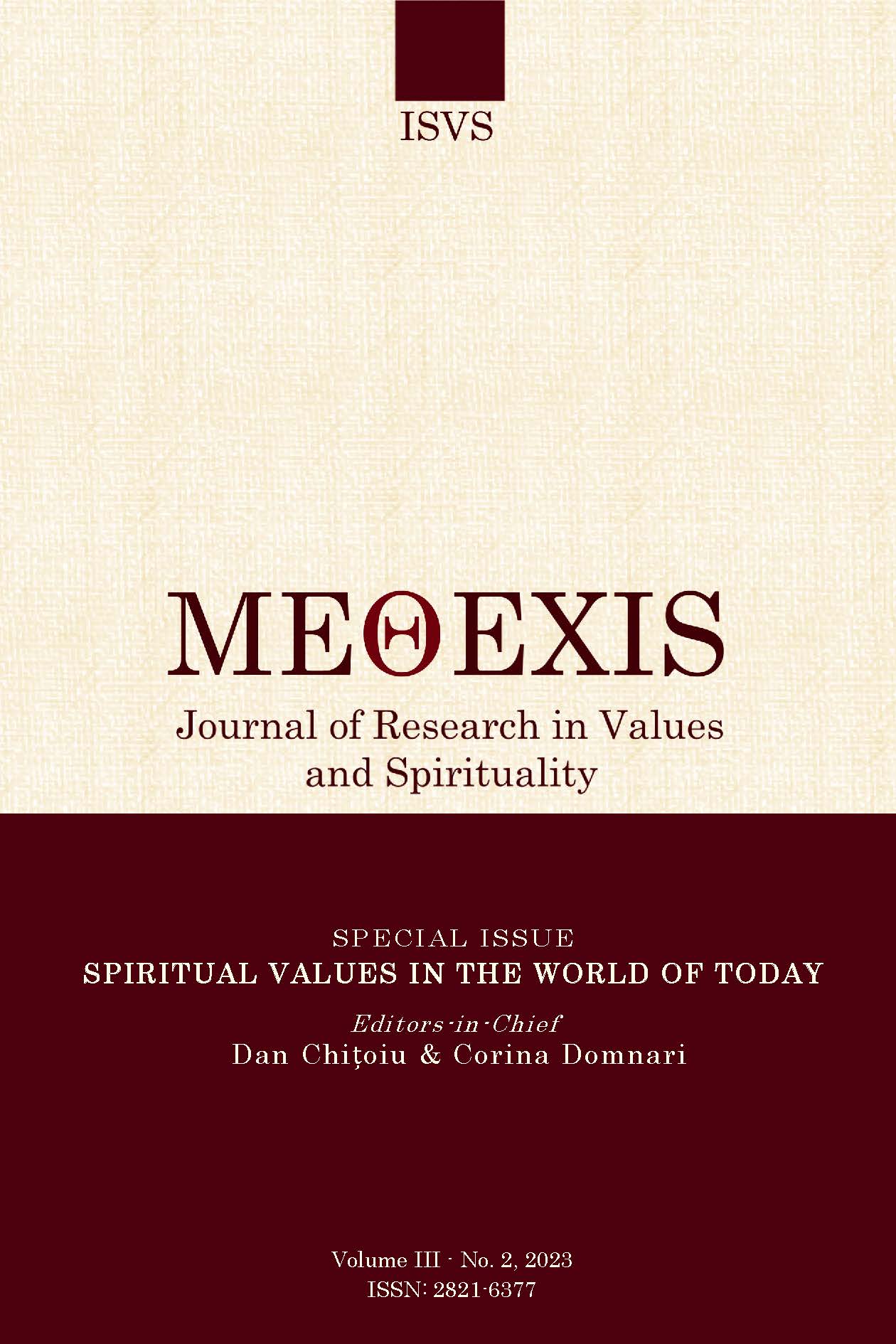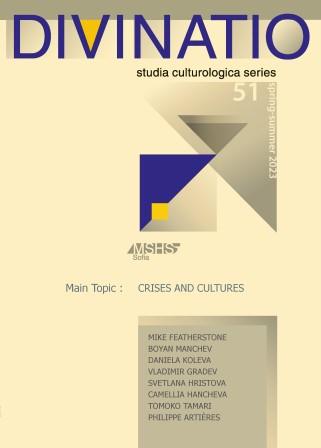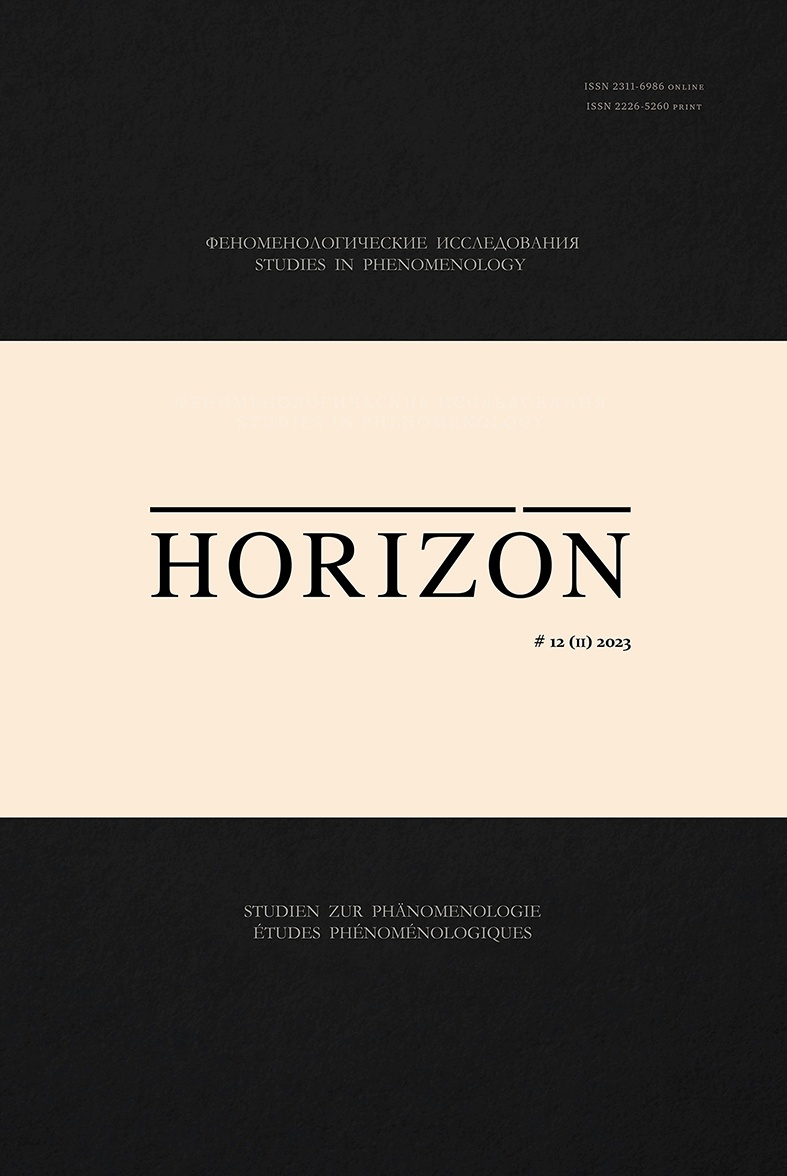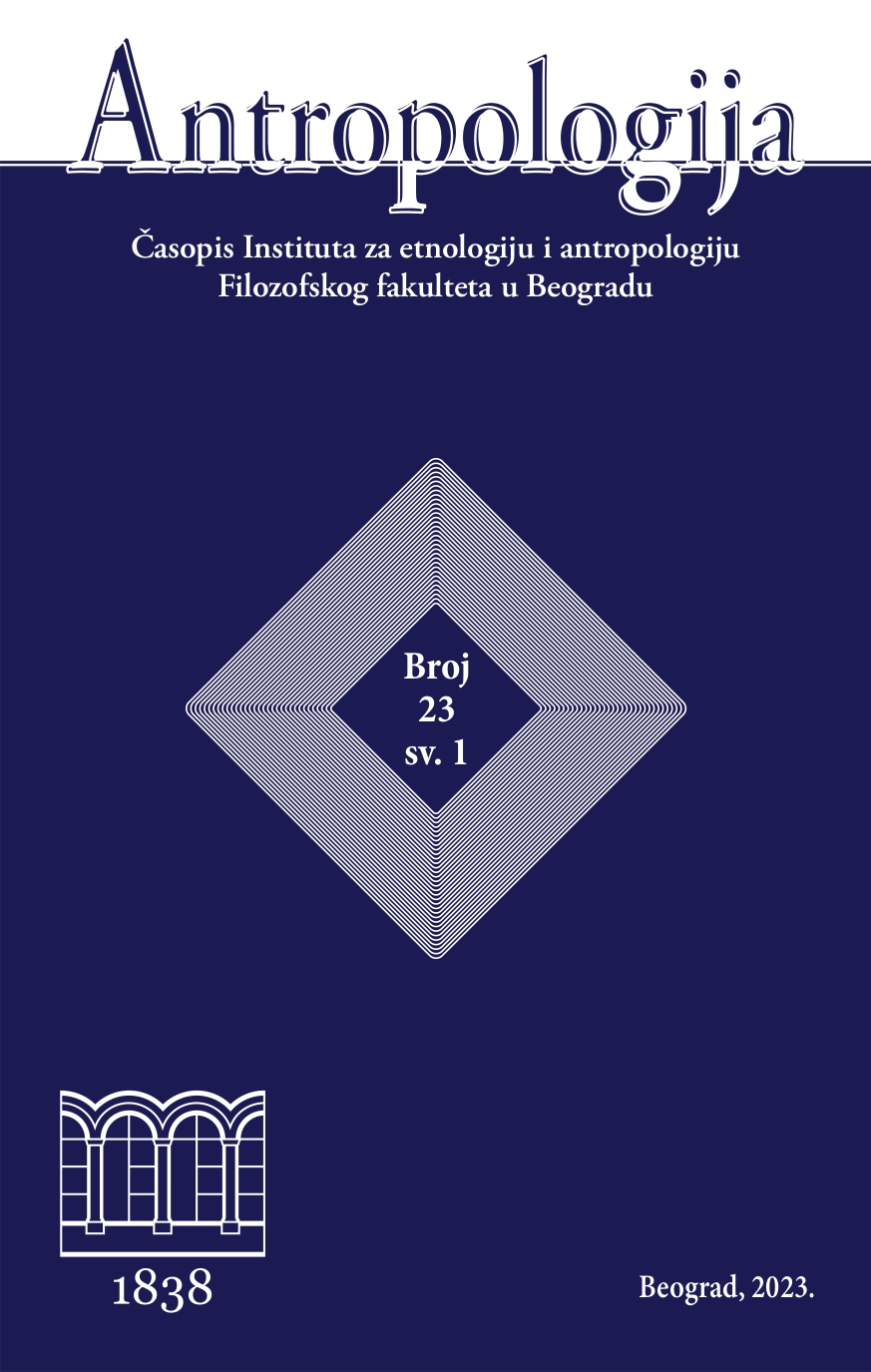Author(s): Katarzyna Stępień / Language(s): Polish
Issue: 31/2/2021
Ks. Jan Sochoń, Bezcielesny sens. Szkice z filozofii kultury, Polskie Towarzystwo Tomasza z Akwinu, Lublin 2021, s. 418, ISBN 978-83-65792-31-0.
Robert T. Ptaszek, Filozoficzne aspekty alternatywnej religijności, seria „Monografie i Studia z Filozofii Realistycznej”, Polskie Towarzystwo Tomasza z Akwinu, Lublin 2021, s. 438, ISBN 978-83-65792-32-7.
Sługa dobry i wierny. Śp. Ksiądz Profesor Andrzej Maryniarczyk SDB we wspomnieniach najbliższych współpracowników, ułożył i zredagował Arkadiusz Gudaniec, Polskie Towarzystwo Tomasza z Akwinu, Lublin 2021, s. 91, ISBN 978-83-65792-38-9.
Antonio Rosmini, O istocie prawa, przekład z języka włoskiego, wstęp i komentarze Krzysztof Jan Wroczyński, seria „Teksty – Przekłady – Komentarze”, Polskie Towarzystwo Tomasza z Akwinu, Lublin 2021, s. 502, ISBN 978-83-65792-33-4.
The Great Ideas of Religion and Freedom: A Semiotic Reinterpretation of The Great Ideas Movement for the 21st Century, ed. by Peter A. Redpath, Imelda Chłodna-Błach and Artur Mamcarz-Plisiecki, Value Inquiry Book Series: vol. 369: “Philosophy and Religion”, Brill, Leiden-Boston 2021, s. 308, ISBN 978-90-04-46800-9 (hardbook); ISBN 978-90-04-46801-6 (e-book).
Zbigniew Pańpuch, Realizm w czasach przełomu. Antyczne korzenie cywilizacji europejskiej, Polskie Towarzystwo Tomasza z Akwinu, Lublin 2021, s. 293, ISBN 978-83-65792-37-2.
Jadwiga Zamoyska, O pracy, Fundacja Servire Veritati Instytut Edukacji Narodowej, Lublin 2021, s. 141, ISBN 978-83-66618-10-7.
Maria Joanna Gondek, Filozoficzne podstawy koncepcji pracy Jadwigi Zamoyskiej, Polskie Towarzystwo Tomasza z Akwinu, Lublin 2021, ISBN 978-83-65792-40-2.
Błąd antropologiczny i jego konsekwencje w kulturze, red. nauk. A. Maryniarczyk, K. Stępień, seria „Zadania Współczesnej Metafizyki”, Polskie Towarzystwo Tomasza z Akwinu, wyd. 2, Lublin 2021, s. 293, ISBN 978-83-65792-37-2.
More...
